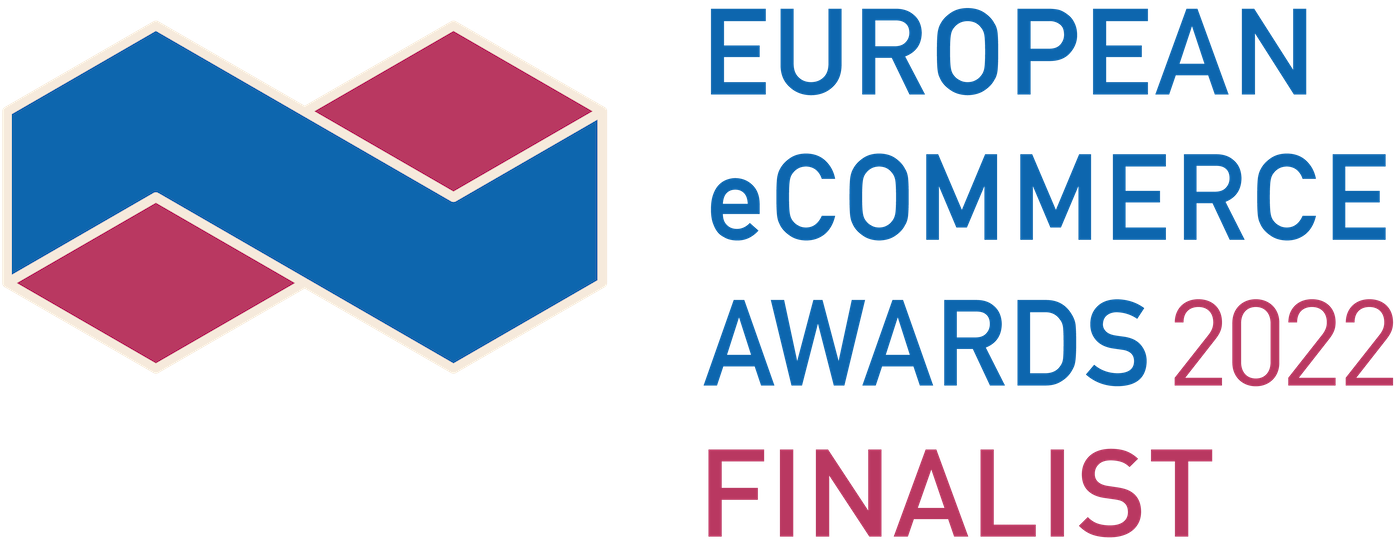- Why Search Intent Is Important For Content Creation
- What Is Content Marketing Funnel?
- How To Start Using Your Content Marketing Funnel?
- Content Marketing Funnel. Summary
Why Search Intent is Important for Content Creation
Search intent is the reason why a user is conducting an online search. Every search query has a purpose, whether it’s to address a pain point or to uncover information on a specific topic. The main goal of any search is to uncover the information necessary to answer questions on a topic. This approach differs from previous content marketing strategies, where there was more focus on optimizing for a specific keyword. Focusing on keyword optimization can lead to content creators neglecting the quality of content, which has become a much greater contributor to SEO rankings. When ranking pages, Google is more concerned with the user experience, focusing on ensuring searchers get the best possible results. Companies must deliver valuable information that matches keywords, but that also engages the user with authentic, informative, authoritative content. Aligning search intent with your content has never been more important. Here are some of the top incentives for doing so:
Aligning search intent with your content has never been more important. Here are some of the top incentives for doing so:
Advantages of Focusing on Search Intent for Content Creation
Here are some of the leading benefits of understanding search intent during your SEO campaign:Fulfilling Customer Needs
Matching search intent with content creation helps you better fulfill consumer needs. By doing so, you can offer access to the information they need. When people conduct a search asking a question that relates to the product/service you offer, this is a great opportunity for you to create content that answers their questions. Your content will rank higher if you match search intent with content by addressing common search queries.Creating a Convenient Single-Source for Consumers
If you focus on addressing consumer needs wholeheartedly, in a single location, people will never have to visit multiple websites to access the information they need. When a prospective customer remains on your website, they’ll stay engaged and be more likely to take favorable action and be converted into a paying customer. Keeping consumers on your page will not only improve your SEO ranking but also help you obtain more relevant leads.You’ll Establish Authority
Matching search intent with content will help you become an authority within your field. You’ll establish a presence when your audience appreciates you know how to answer their questions, as you’re highlighting your expertise on a given subject. When consumers trust you as a knowledgeable source, your trustworthy nature will attract more leads and ultimately improve your SEO ranking.Boost Brand Awareness
When consumers spend more time on your page, they’ll get to know your business. This is a great way to elevate your brand presence, as customers grow familiar with and learn about your business. By doing so you’ll earn more conversions, as familiarity with your brand leads to more consumers choosing your brand over the competition. Attracting prospective clients is a huge component of the Content Marketing Funnel, but what exactly is this and how can you use it to achieve desired business outcomes?What is the Content Marketing Funnel?
A content marketing funnel is implemented to help consumers navigate their customer journey. The process starts with attracting prospective clients, before guiding their experience from the first interaction to their conversion to a paying customer. In this regard, the sales funnel and content marketing funnel supports each other in an interlinking fashion. The content marketing funnel covers three main stages:
In this regard, the sales funnel and content marketing funnel supports each other in an interlinking fashion. The content marketing funnel covers three main stages:
- TOFU (top of the funnel) - Attracts Attention
- MOFU (middle of the funnel) - Generates Leads
- BOFU (bottom of the funnel) - Drives Payments
The Structure of a Content Marketing Funnel
The main objective of any content marketing strategy is to attract a specific audience, engage them, and ultimately encourage defined results. This is a great way to drive profitable customer action. Here is an outline of what’s necessary at each stage of the funnel:Content Marketing Funnel Stages. TOFU: Sparking an Interest
At the start of the customer journey, your main goal is to attract the attention of potential leads and introduce them to your brand. A great way to engage prospective customers is to produce content that addresses specific problems, providing authentic value while proving you’re an expert in the field. You should focus on delivering educational, informative content that intrigues your target audience and attracts their attention to your website. At this stage, social media and email marketing are very effective.Content Marketing Funnel Stages. MOFU: Guiding and Educating
As the number of people interacting with your content grows, you can take this opportunity to give an even more detailed understanding of how your solution works. ‘How-to’ guides are an effective way to drive new leads. Otherwise, you should focus on delivering content that gives an in-depth overview of the product/services you’re offering. Product-oriented content is useful for generating leads, like product overviews, landing pages, and case studies. You can encourage consumers to take favorable action with nurturing content, with an array of convincing materials that highlight the usefulness of your business offerings.Content Marketing Funnel Stage. BOFU: Propelling Conversions
At the end of the funnel, your content should position you as a brand that’s superior to the competition. Your content should tackle specific questions around your product or service, utilizing customer-generated and case-oriented content to convince your target demographic to purchase. Product reviews, customer reviews, and success stories are a great way to engage your audience, alongside using email marketing to keep your purchase moving forward. Optimizing your content will bring a bigger audience to your website, but most importantly convince them to purchase.How to Start Using Your Content Marketing Funnel
There are simple steps to executing your content marketing plan, which can be explained as follows:- Know Your Audience - Clearly establish your target audience so you can create content that reaches them. You should address metrics like age, gender, education, and income.
- Plan Content - Having established your target demographic, you should decide what content should be created for each part of the funnel. You should create blog posts using other successful content as a basis, to engage your audience with content published on your website.
- Schedule it - create a publications timetable establishing exact times for publishing your content. Planning is a key to successful content marketing, where you can schedule due dates for content and deliver it accordingly.
- Promote it - Use social media channels and organic reach to distribute your content. Without marketing your content, it will be difficult to achieve results. You can capitalize on email marketing to distribute content, and even hone in on modern methods like influencer marketing.
- Track the Performance - Finally, you can assess the strength of your marketing strategy, utilizing tools like Google Analytics and social analytics tools. As you evaluate how and where your content is working, you can determine weak spots and ultimately improve your content marketing strategy.












